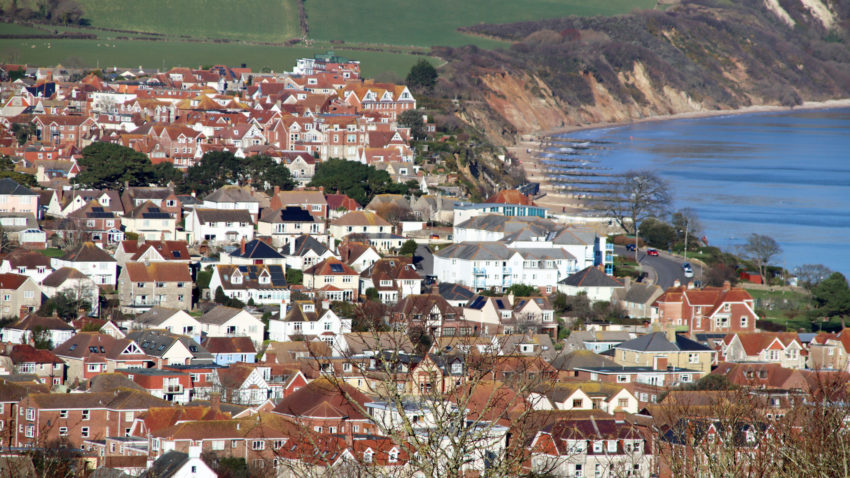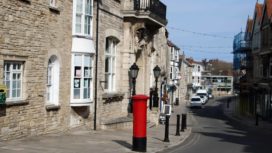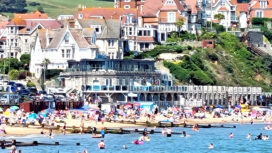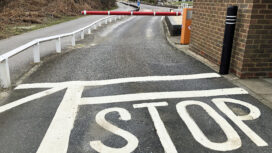Swanage residents will be asked to fill in the once-a-decade survey of households this March 2021 and there have been changes to the questions asked in the past.
The study which is held every 10 years across Britain will take place on Sunday March 21st 2021 – and every adult must complete the form.
The data collected, which includes names, ages and occupations, is used by the authorities to allocate public resources.
This year marks the first ever time that the survey will be approached as “Online First”, which will be completed digitally.
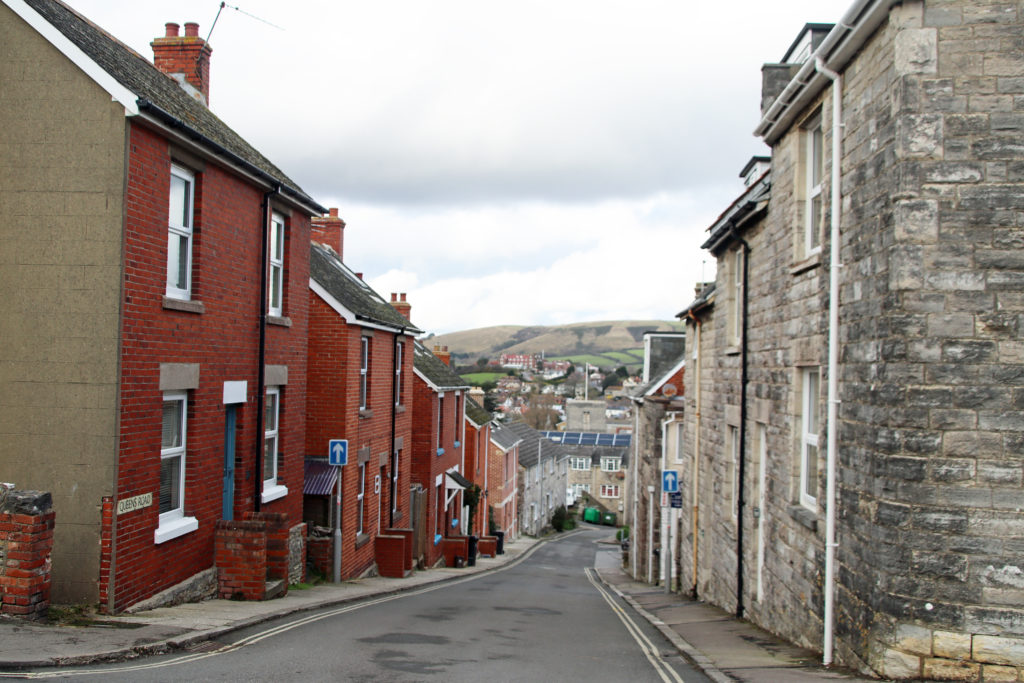
Digital for “increased speed”
Swanage resident, Philip Eades is the Census engagement manager for Dorset. He explained:
“The 2021 Census will be Online First – each household will receive a postcard with a unique login code – the ONS would like as many people as possible to complete it digitally – assistance and paper copies will be available for those residents who cannot complete digitally. It is also the first Census to be conducted in a global pandemic.
“The decision was taken way before COVID for the increased speed of collection and tabulation of the Census returns – should make completion more efficient and the results quicker. It should also reduce the numbers of households that need to be visited by field staff.”
However, anyone who does not have access to a computer or the internet need not worry, as Census support centres, phone lines and paper forms will be available if required.
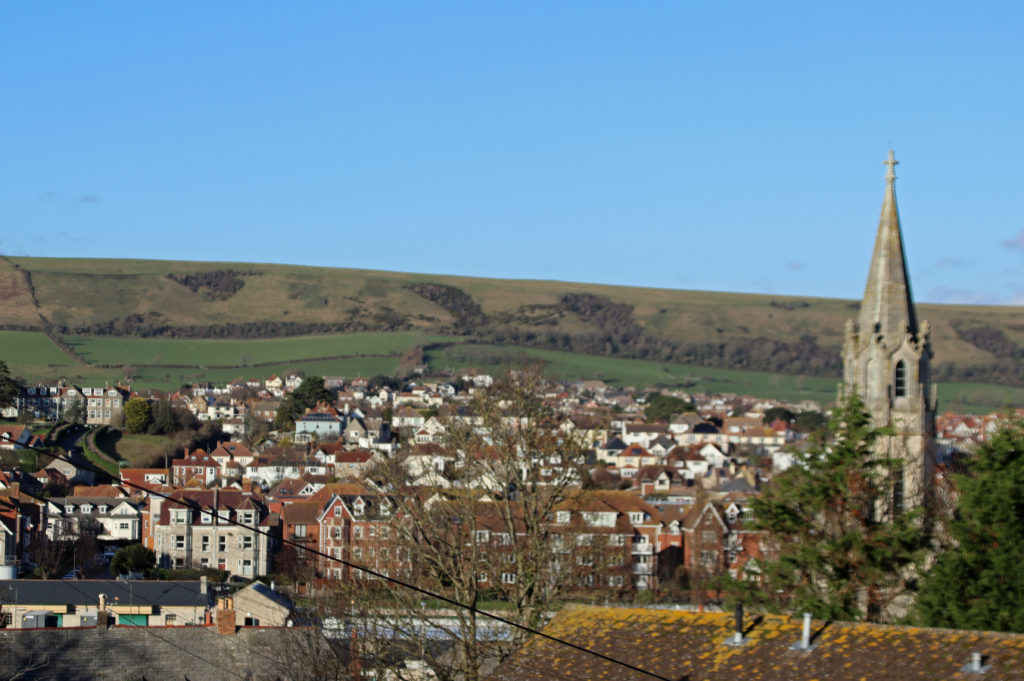
New questions
As well as being the first online census, the 2021 survey will also feature a few new questions for the first time ever.
This census aims to get a picture of the total number of people who have done military service. Accordingly, it will feature a question asking respondents if they have been in the armed forces.
The question is intended to help authorities fulfil the Armed Forces Covenant and give veterans the assistance they need.
The 2021 census will also include a voluntary question for over-16s asking about their gender identity and sexual orientation – as there are currently no official statistics on the matter.
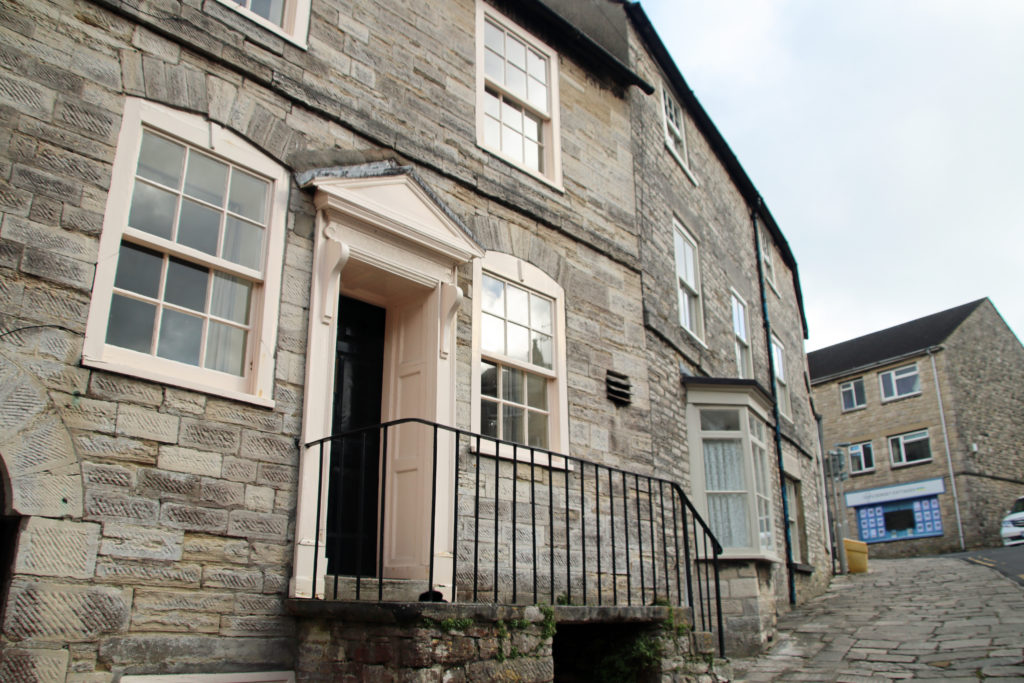
Learning about the past
While the key data points will be available shortly after the survey is conducted, the full census – including names – will not be released widely for another hundred years.
In early 2022, the results of the 1921 census will be fully released, offering residents the chance to trace their ancestry back to the early 1920s.
This census will likely be of unique interest, as it was the first conducted after the mass loss of life in the First World War and the Spanish Flu pandemic.
Philip Eades said:
“Sadly the 1921 Census details graphically the one million lives lost in the First World War. Many UK residents will be able to trace their ancestors from this time. This was the one and only time the Census asked a question about orphanhood.”
Facts about Purbeck
The range of polls conducted across the centuries provides a fascinating look at Dorset’s past.
Philip pointed especially to the scale of the drop in the proportion of Purbeck residents employed in agriculture over the past two hundred years.
In what would have been the old Purbeck District Council area, 45 percent of the region’s population was employed in agriculture in 1861. This dropped to just two percent at the time of the 2011 census.
Find out more
For more information about the forthcoming census, visit the main website.
